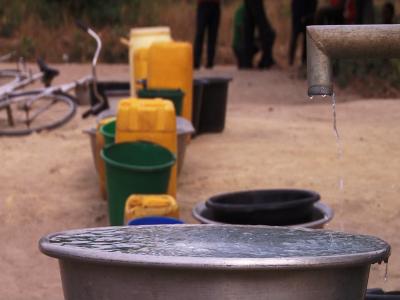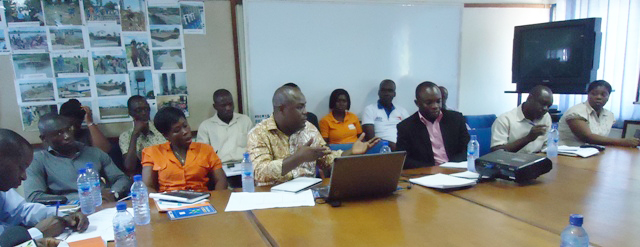On December 13, 2022, in Accra, the Ghana Coalition of NGOs in Water and Sanitation (CONIWAS) presented the 2023 Water Sanitation and Hygiene (WASH) Budget Analysis to the parliamentary select committee on works and Housing, which has responsibility for WASH. The CSOs noted that the 2023 budget allocation to WASH under the Ministry of Sanitation and Water Resources (MSWR) is inadequate relative to Ghana’s WASH policy aspirations and the sustainable development goal (SDG) target; and called on the legislature to push for increased public funding and disbursement to reflect government’s commitment to achieving the national and SDG targets. Find below the full version of the 2023 WASH Budget Analysis presented by CONIWAS to the parliamentary select committee.



